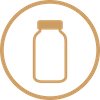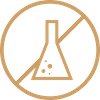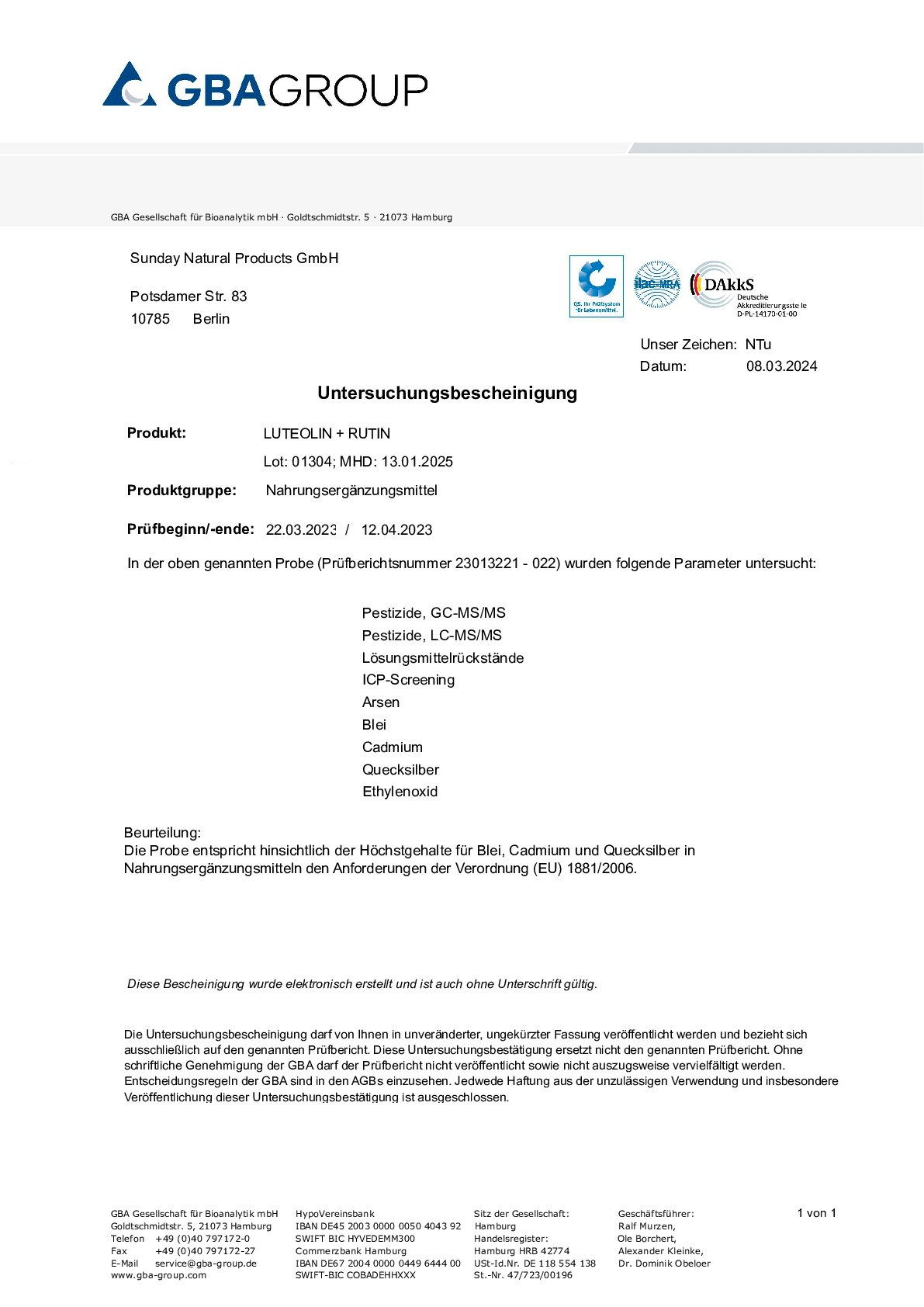Rutin is a secondary polyphenol from the flavonoid group. It is the glycosidic compound of quercetin, supplemented with the disaccharide rutinose. Plants and herbs naturally containing rutin include buckwheat, red vine leaves, rue and parsley.
Luteolin has a similar structural formula to rutin. It can be obtained from rutin by splitting off the glycoside residue. Luteolin can be found in high concentrations in parsley, artichoke leaves, dyer's greenweed and reseda.
Like all flavonoids, luteolin and rutin have antioxidative properties, which is why certain environmental conditions encourage plants to produce more of them. The two naturally protective pigments are concentrated in flowers and seeds, as well as in outer plant layers such as the bark and the surface of the leaf.
Rutin prevents the destruction of vitamin C through oxidation and is therefore often used in fruit juices to stabilise the vitamin C.
Bioflavonoids are found in many natural, plant-based foods. The body is not capable of producing bioflavonoids itself, but is dependent on a sufficient supply via the diet or supplementation. Nevertheless, bioflavonoids are not considered essential nutrients because they are not necessary for survival.
Many nutritionists, including Dr. Atkins, consider bioflavonoids among the 12 most important nutrients, as they have a significant influence on overall health and have been an integral component of the human diet for thousands of years.























